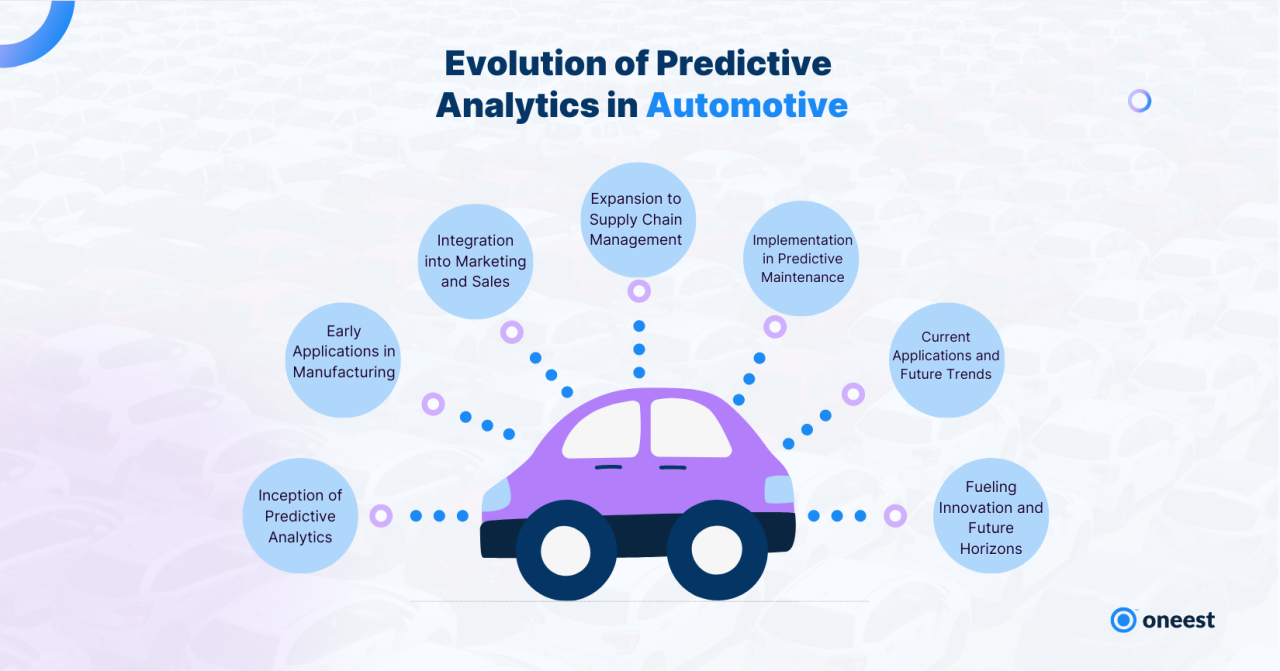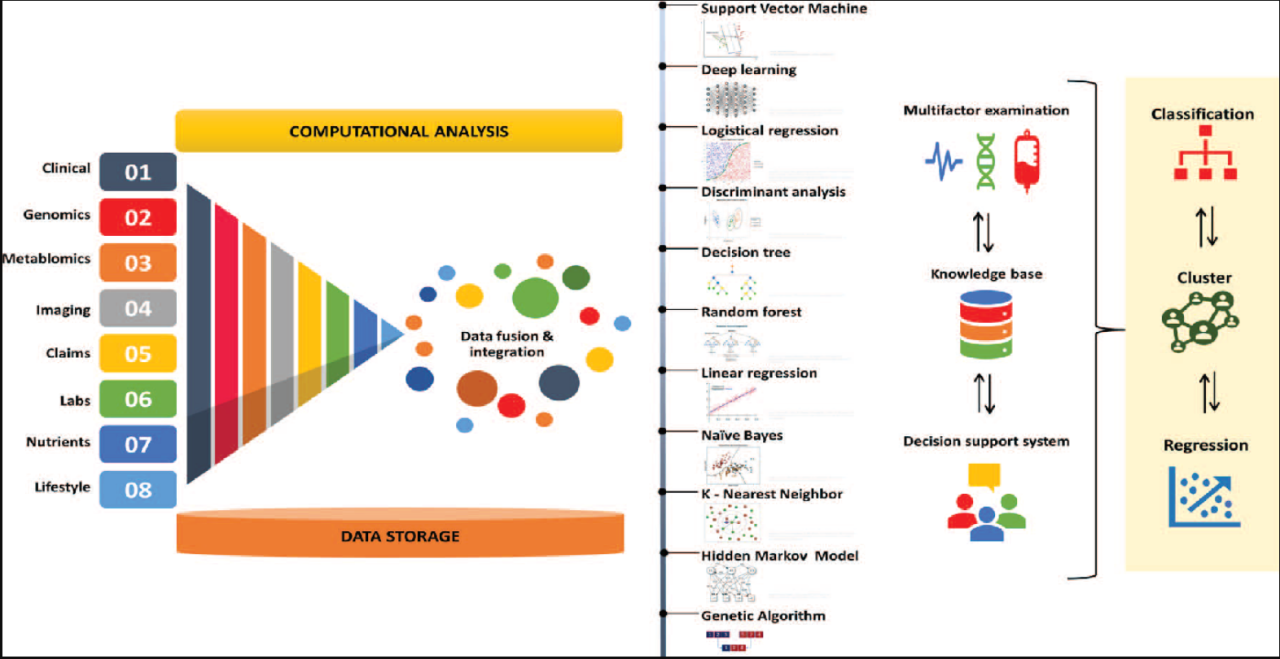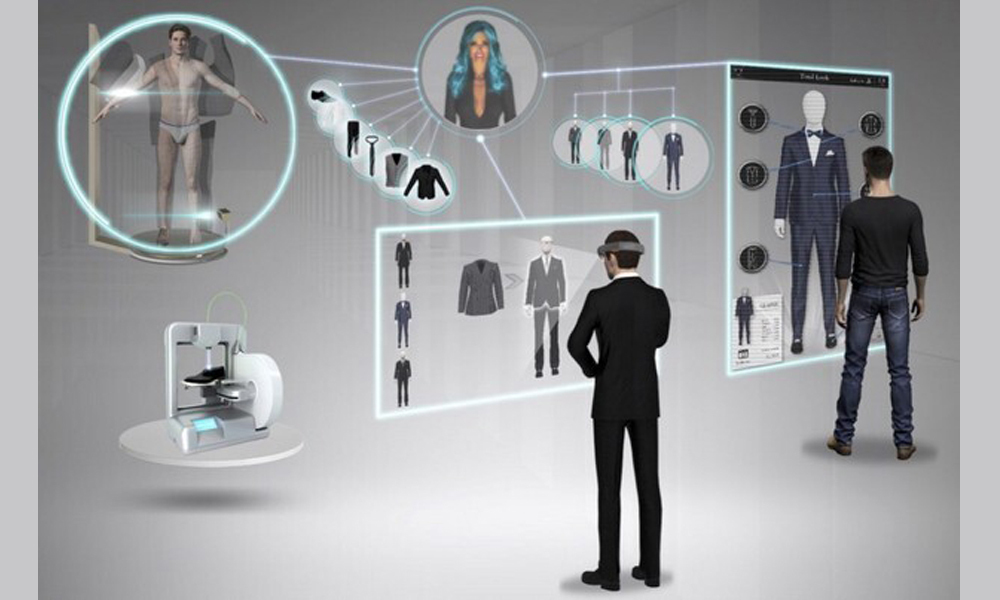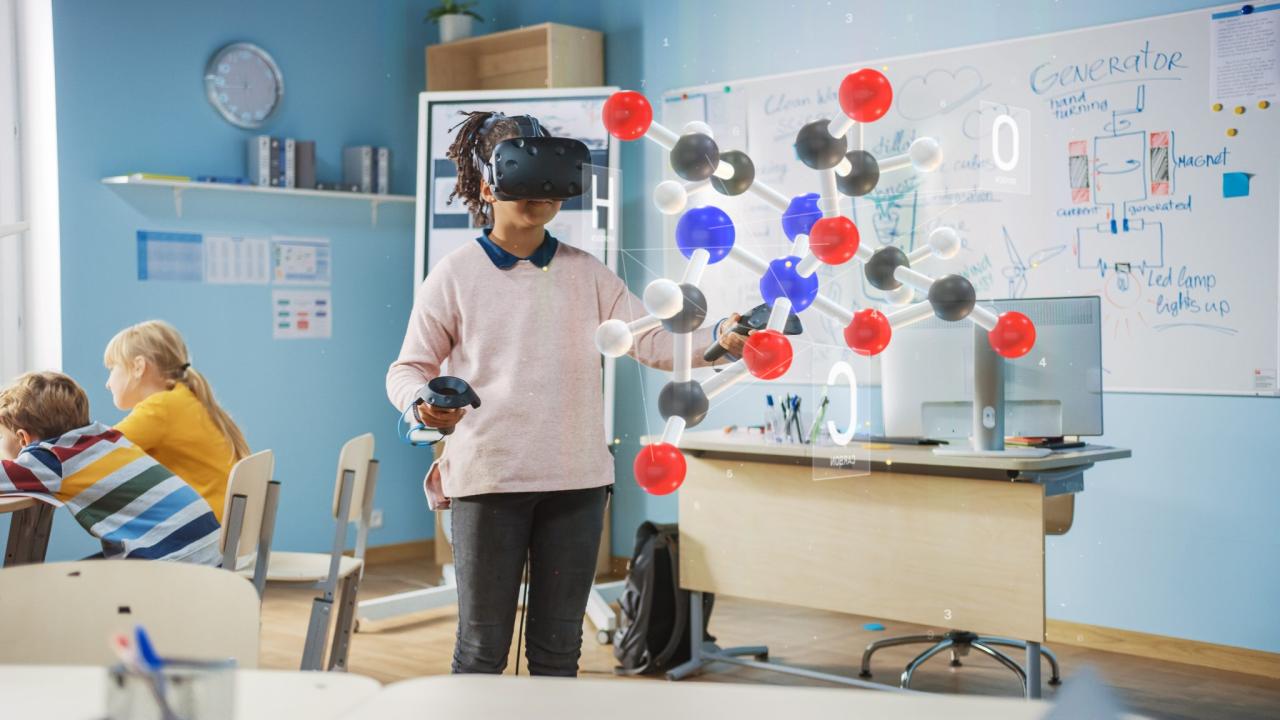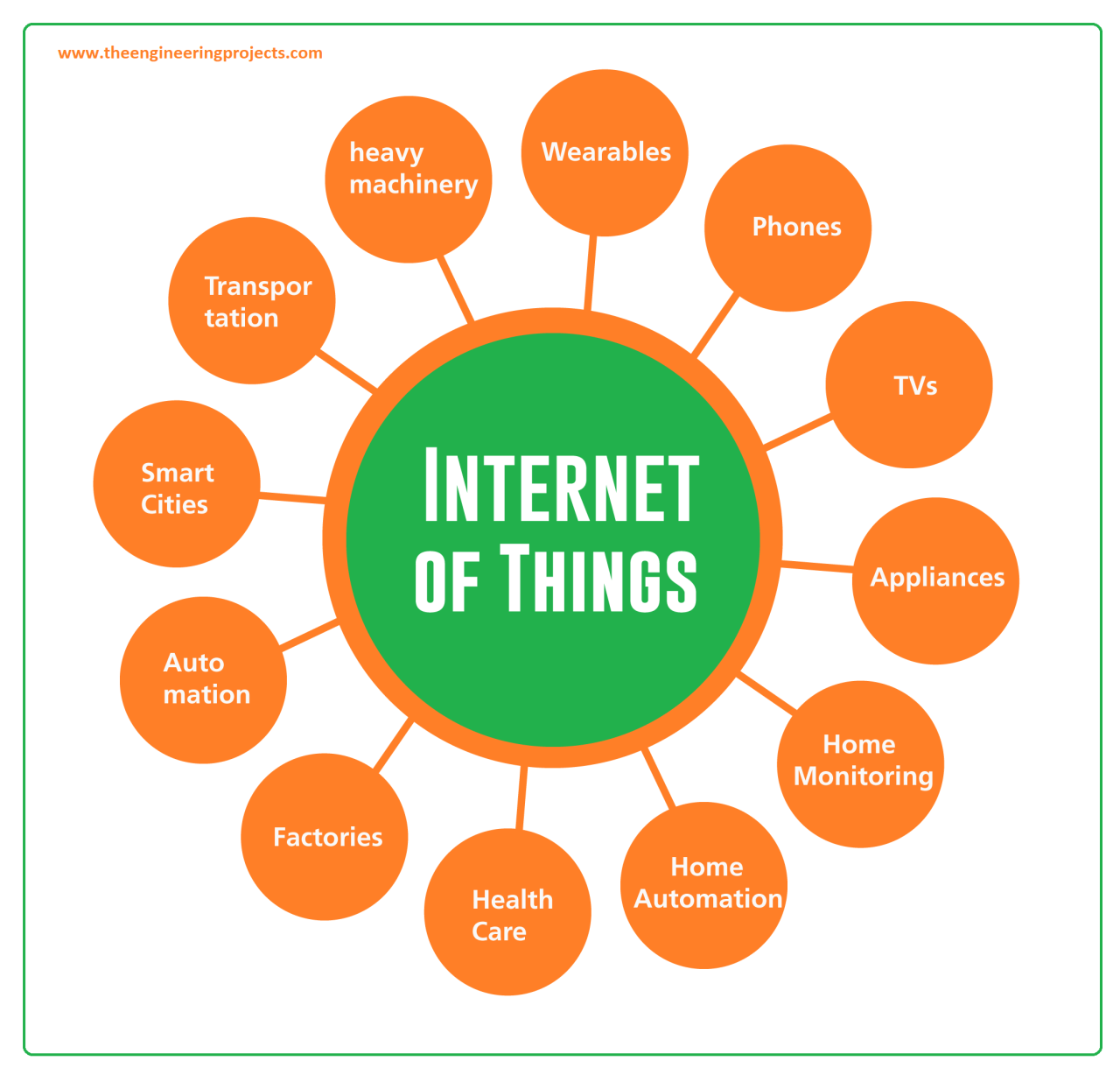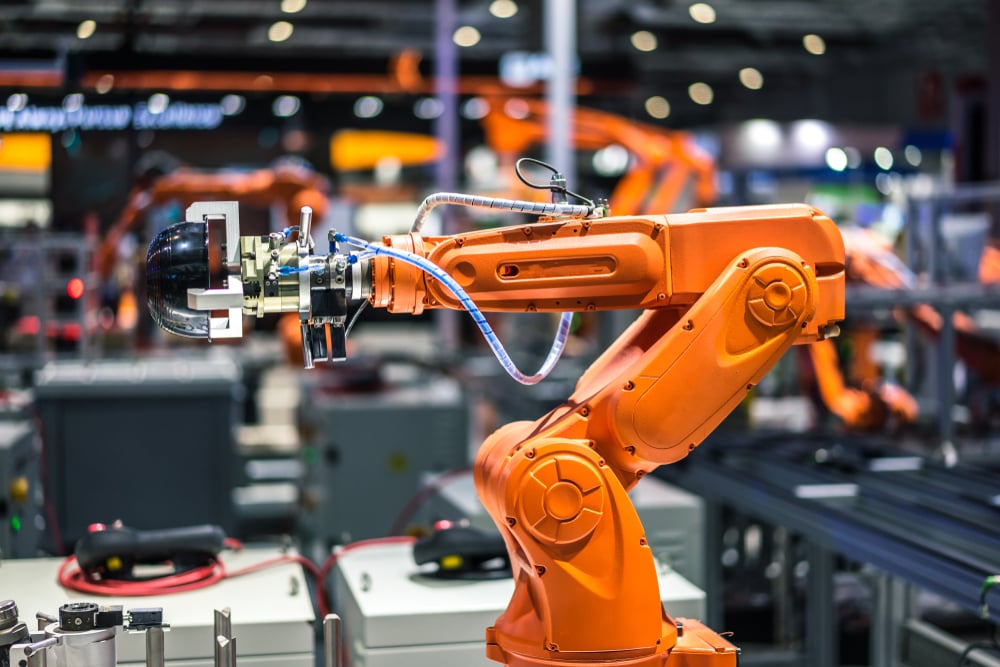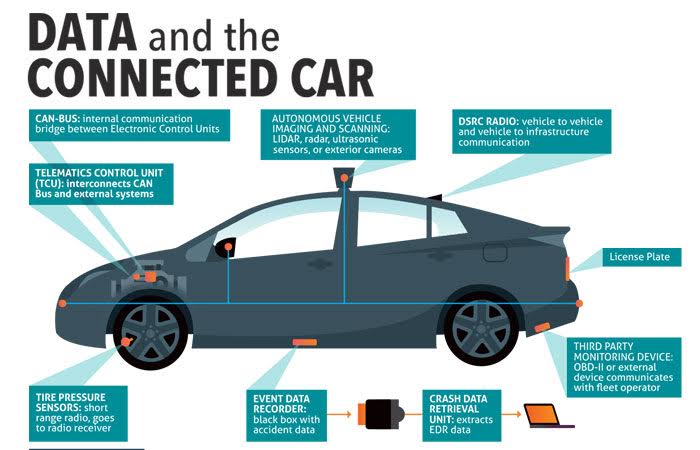Impact of Generative AI at Work : Will AI Replace Human Workers?
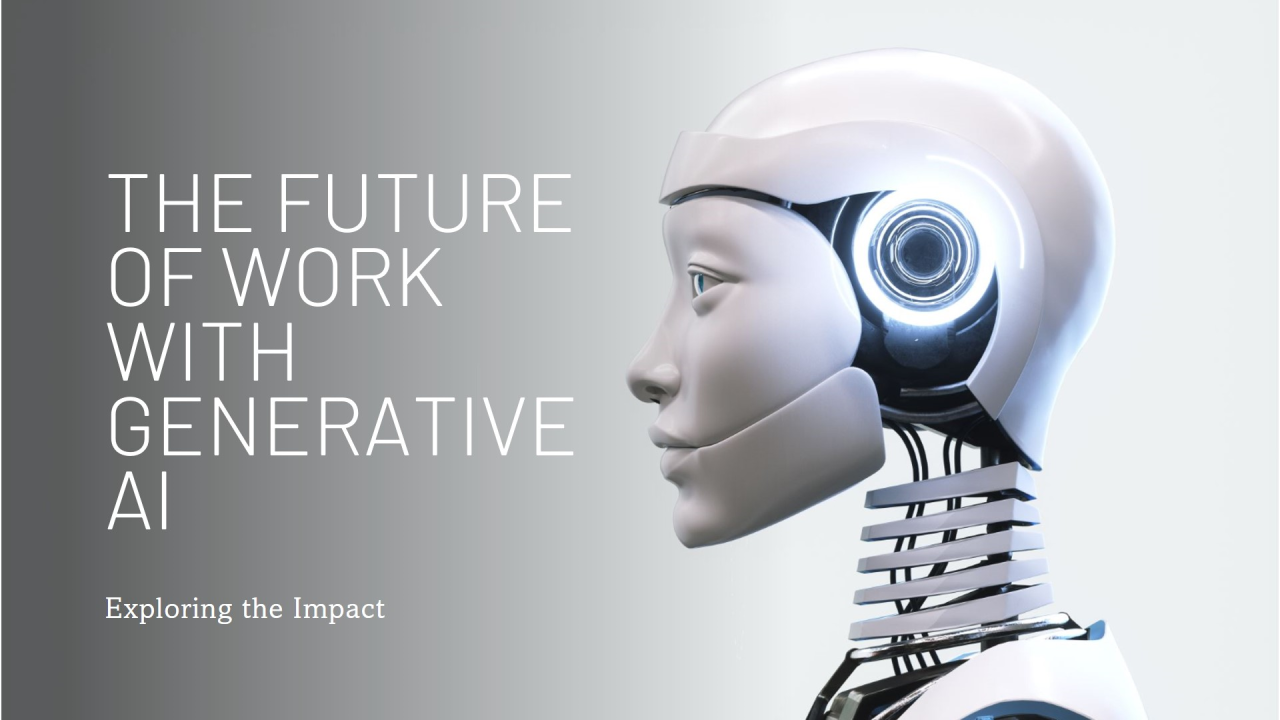
The Impact of Generative AI at Work: Will AI Replace Human Workers?
A couple of years ago, the impact of Generative AI in the workplace was still uncertain. Many saw it as a futuristic concept, but today, its influence is undeniable. The impact of Generative AI at work is transforming industries, automating tasks, and reshaping workforce dynamics.
However, one major question remains: Will Generative AI at work replace human workers, or will it enhance productivity and collaboration?
How AI is Transforming Workplaces
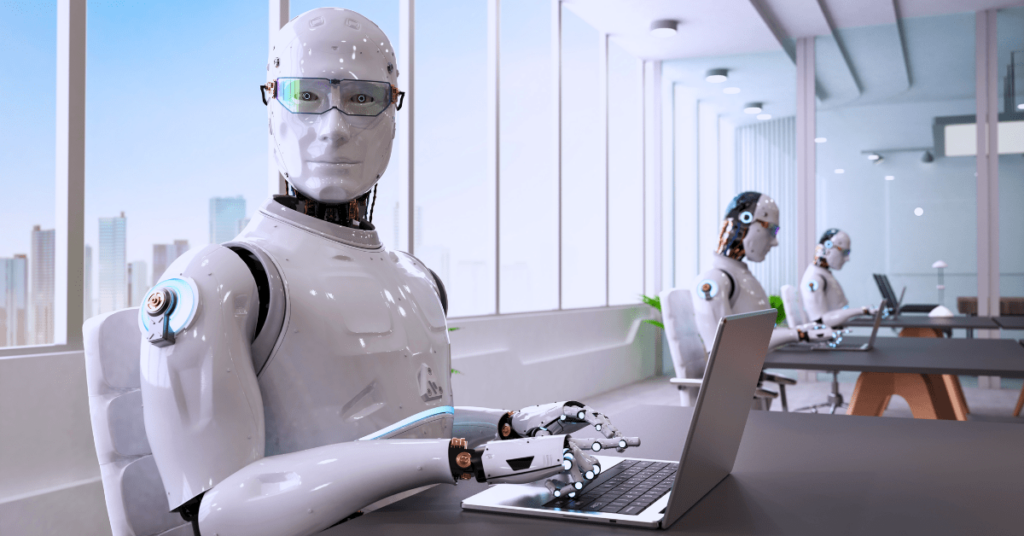
Imagine a busy customer support call center. Every day, employees handle the same repetitive questions—refund status, tech issues. It’s dull, exhausting, and doesn’t involve much quality work.
Then, one day, the company introduces an AI-powered workplace assistant. Suddenly, mundane questions are answered instantly, allowing employees to focus on more complex customer problems. Instead of being stuck in a loop of repetitive tasks, they can now problem-solve, build relationships, and create better experiences.
This is no hypothetical scenario. A joint study between the National Bureau of Economic Research and Stanford University found that generative AI in the workplace boosted customer support productivity by 14%, enhancing productivity for lower-experience employees by up to 34%.
But customer service is just one example. Across industries, AI is helping professionals work smarter, not harder—whether marketers using AI to create content, financial analysts benefiting from AI-driven insights, or HR departments automating hiring.
Will AI Replace Jobs or Redefine Work?
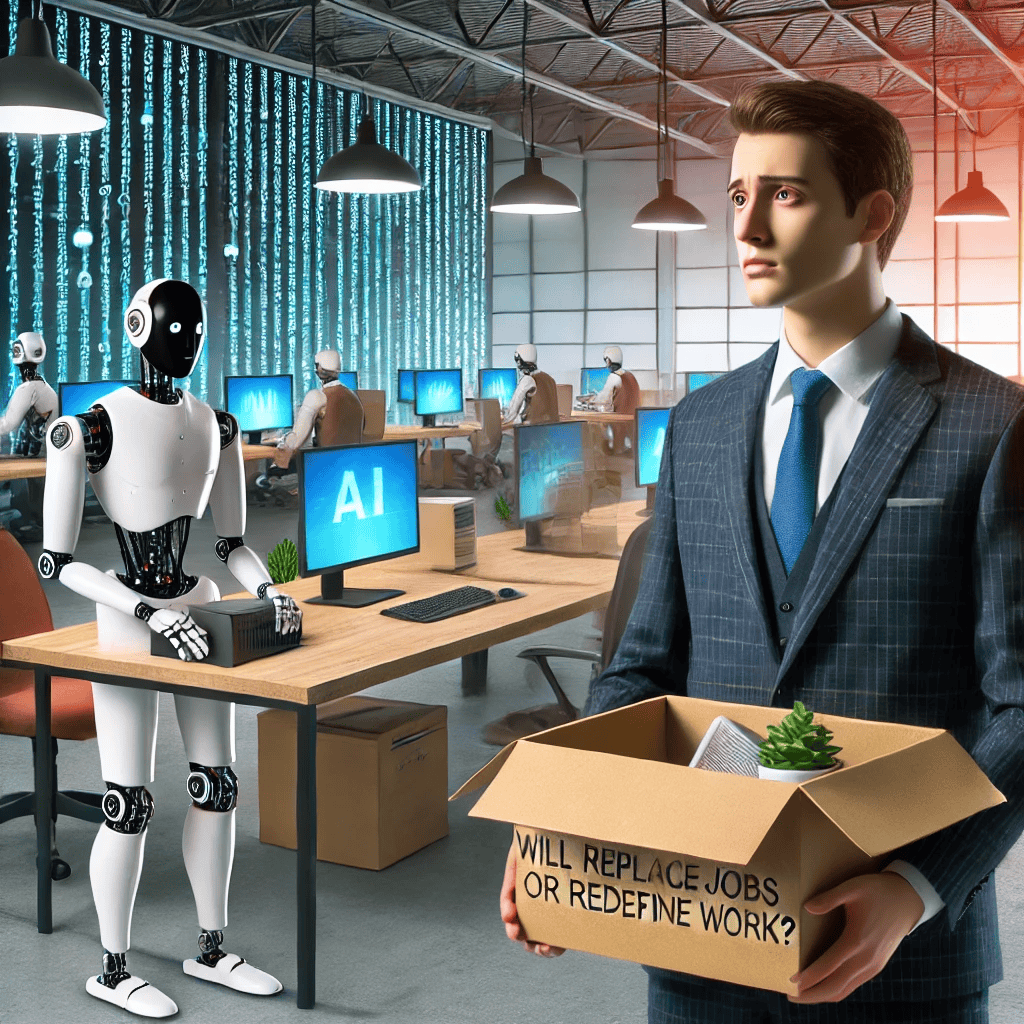
It’s impossible to talk about AI in the workplace without addressing job security concerns.
For decades, fears of mass joblessness have surfaced whenever automation emerges. However, history has shown that technology shifts jobs rather than eliminating them entirely. When ATMs became widespread, bank tellers adapted by focusing more on customer service and financial consulting instead of just processing transactions.
The same thing is happening today. Amazon warehouses, for example, use AI-powered robots, but rather than replacing human workers, they make logistics easier as employees handle more complicated decisions.
The truth is, generative AI in the workplace is changing work, not eliminating it. The future of work isn’t man vs. AI—it’s man working with AI.
Challenges of AI in Today’s Workplace
Of course, AI is not perfect. While it brings significant benefits, it also introduces serious challenges:
- Bias in AI – Since AI learns from existing data, it can unintentionally reproduce discrimination in hiring, lending, or decision-making.
- Job Displacement Fear – While new jobs will emerge, some professions may become obsolete, requiring workers to reskill.
- Lack of Transparency – Many AI systems function as a “black box,” making it difficult to understand how they reach decisions.
A Pew Research Center poll discovered that many employees remain uncertain about the long-term impact of AI in the workplace, particularly regarding fairness and ethical responsibility.
The key to overcoming these challenges? Transparency, regulation, and education.
Upskilling for an AI-Powered Future
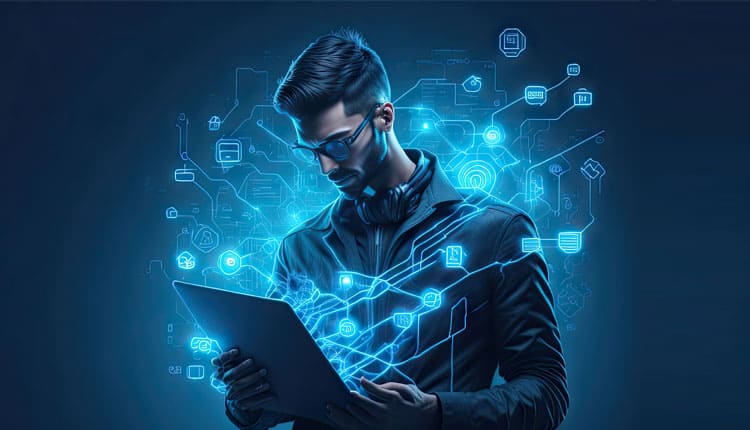
So, how does an employee stay competitive in a world increasingly driven by generative AI in the workplace? By continuously learning, adapting, and improving.
Major firms like Johnson & Johnson and Merck have already implemented AI education programs to equip employees with essential skills for collaborating with AI.
The most sought-after skills for the future include:
- AI Literacy – Understanding how AI works and how to use it effectively.
- Human-Focused Skills – Creativity, problem-solving, and emotional intelligence—qualities AI cannot replicate.
- Flexibility – The ability to learn, unlearn, and adapt as technology evolves.
Workers who see AI as an opportunity rather than a threat will lead the future workplace.
The Future of Work with Generative AI

Ultimately, AI isn’t here to replace workers—it’s here to assist them.
Think about it: Would you rather spend hours on tedious, repetitive tasks, or would you let AI handle them so you can focus on what truly matters?
The future of work is not about man versus machine. It’s about learning how to leverage both.
As generative AI in the workplace continues to transform industries, those who embrace, upskill, and innovate with AI will be the ones who thrive.
